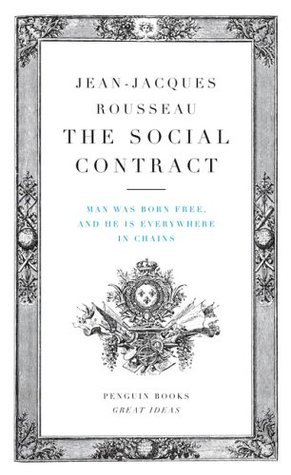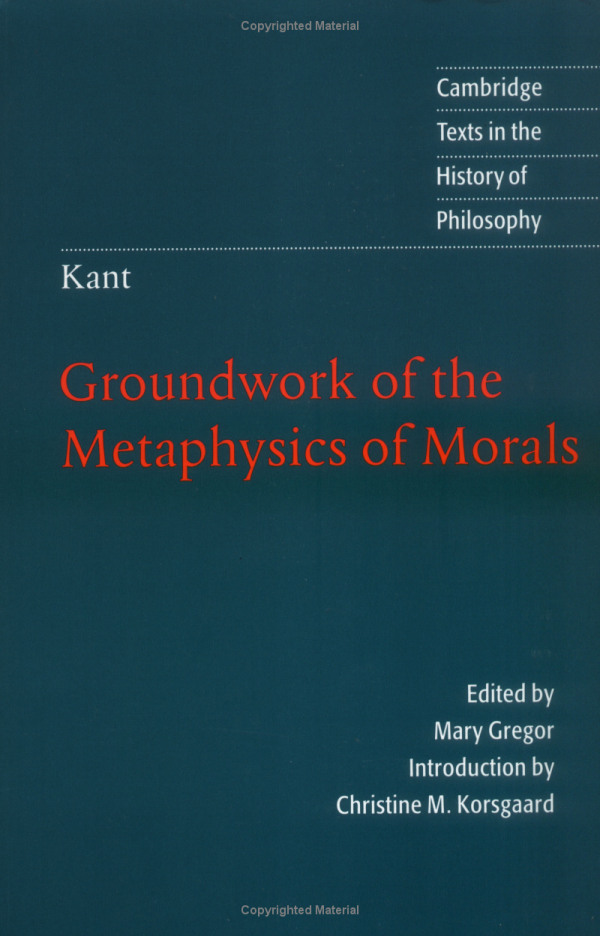
The Theory of Moral Sentiments
Book Description
Imagine a world where compassion and morality collide in the pursuit of happiness. Adam Smith's groundbreaking exploration, "The Theory of Moral Sentiments," unveils how our emotions shape our ethical understanding and influence human connections. With fervent passion, Smith delves into the delicate balance of sympathy, justice, and self-interest, challenging the heart of societal norms. As he navigates the complexities of morality, the stakes rise – can empathy truly guide humanity through the chaos of life? In a landscape marked by selflessness and greed, what emerges as the true driving force behind our actions?
Quick Book Summary
"The Theory of Moral Sentiments" by Adam Smith presents a nuanced examination of how humans develop ethical principles through emotional responses and social interactions. Smith asserts that our capacity for sympathy—what we now call empathy—lies at the heart of moral judgment. By imagining ourselves in others' situations, we foster compassion and understand right from wrong. Smith explores the interplay between self-interest and the well-being of others, revealing that morality is not enforced solely by rules but arises from natural human emotions and mutual expectations. The book builds the foundation for understanding communal bonds, justice, and virtue, suggesting that a balance between personal motives and societal norms shapes a harmonious society. Ultimately, Smith welcomes the possibility that shared moral sentiments, grounded in sympathy, can guide humanity towards ethical progress.
Summary of Key Ideas
Table of Contents
The Role of Sympathy in Moral Judgment
Adam Smith begins with the concept of sympathy, explaining that individuals form moral judgments by putting themselves in the position of others. This imaginative act, which he later terms "the impartial spectator," allows people to experience and evaluate emotions as if they belonged to someone else. By feeling what others feel, humans develop a common moral sense, which regulates both personal behavior and the expectations of society at large.
Self-Interest versus Benevolence
Smith challenges the assumption that human actions are driven solely by self-interest by recognizing the importance of benevolence. While people are naturally inclined to care for themselves and their close relations, they also possess a genuine concern for the well-being of others. This balance of self-love and regard for others creates the social fabric necessary for mutual cooperation, respect, and thriving communities.
The Importance of Impartial Spectators
Central to Smith's framework is the idea of the impartial spectator, an internalized observer who guides conduct by evaluating actions through an unbiased lens. This mechanism fosters self-awareness, encouraging individuals to act morally in various situations. The impartial spectator evaluates motives and consequences, providing an internal standard that helps harmonize personal desires with communal expectations.
Justice as a Foundation for Society
Justice emerges as the minimum requirement for societal harmony. Smith contends that, while acts of kindness and benevolence enhance society, justice is indispensable. Without a shared commitment to fair treatment and the redress of wrongs, society would disintegrate. Laws and punishments exist to uphold justice, but the more potent force is the collective adherence to shared moral sentiments that support stability and order.
Virtue and the Pursuit of Happiness
Finally, Smith discusses virtue and the pursuit of happiness. He argues that true virtue results from the deliberate cultivation of temperance, prudence, courage, and justice, exercised in harmony with societal expectations. Those who achieve this balance experience a sense of fulfillment and happiness, not merely from pursuing self-interest, but from contributing to the greater good. Thus, Smith concludes that empathy and moral sentiment, rather than pure reason or regulation, underpin lasting individual and societal well-being.
Download This Summary
Get a free PDF of this summary instantly — no email required.





